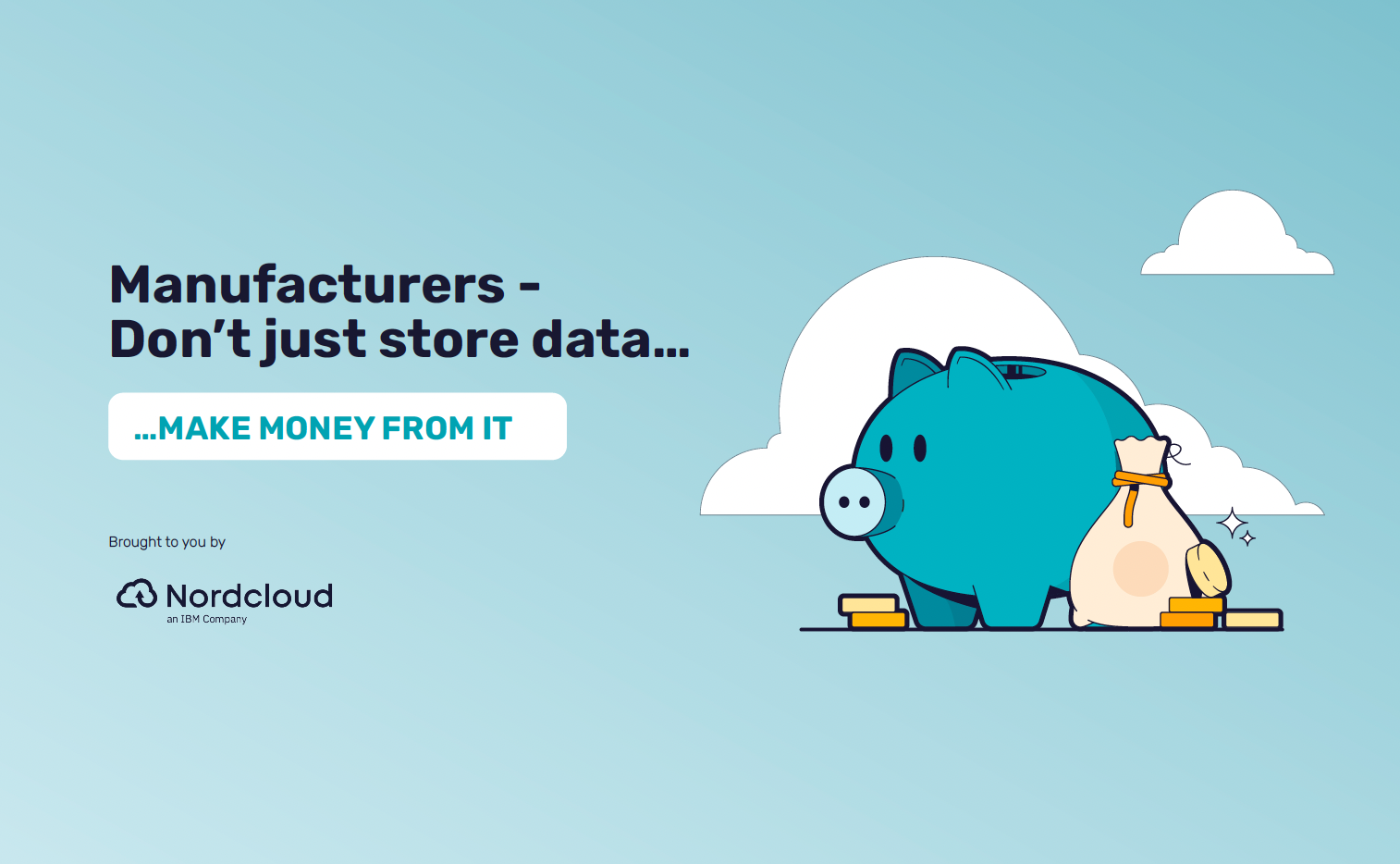
10 examples of AI in manufacturing to inspire your smart factory
AI in manufacturing promises massive leaps forward in productivity, environmental friendliness and quality of life, but research shows that while 58 percent of manufacturers are actively interested, only 12 percent are implementing it.
We’ve gathered 10 examples of AI at work in smart factories to bridge the gap between research and implementation, and to give you an idea of some of the ways you might use it in your own manufacturing.
1. Quality checks
Factories creating intricate products like microchips and circuit boards are making use of ‘machine vision’, which equips AI with incredibly high-resolution cameras. The technology is able to pick out minute details and defects far more reliably than the human eye. When integrated with a cloud-based data processing framework, defects are instantly flagged and a response is automatically coordinated.
2. Maintenance
Smart factories like those operated by LG are making use of Azure Machine Learning to detect and predict defects in their machinery before issues arise. This allows for predictive maintenance that can cut down on unexpected delays, which can cost tens of thousands of pounds.

OpenAI & Cloud: 2 Use Cases We Built & What We Learned
Check out the two use cases we’ve been working on for AI in the cloud and what we’ve learned.
3. Faster, more reliable design
AI is being used by companies like Airbus to create thousands of component designs in the time it takes to enter a few numbers into a computer. Using what’s called ‘generative design’, AI giant Autodesk is able to massively reduce the time it takes for manufacturers to test new ideas.
4. Reduced environmental impact
Siemens outfits its gas turbines with hundreds of sensors that feed into an AI-operated data processing system, which adjusts fuel valves in order to keep emissions as low as possible.
5. Harnessing useful data
Hitachi has been paying close attention to the productivity and output of its factories using AI. Previously unused data is continuously gathered and processed by their AI, unlocking insights that were too time-consuming to analyse in the past.
6. Supply chain communication
The aforementioned data can also be used to communicate with the links in the supply chain, keeping delays to a minimum as real-time updates and requests are instantly available. Fero Labs is a frontrunner in predictive communication using machine learning.
7. Cutting waste
Steel industry uses Fero Labs’ technology to cut down on ‘mill scaling’, which results in 3 percent of steel being lost. The AI was able to reduce this by 15 percent, saving millions of dollars in the process.
8. Integration
Cloud-based machine learning – like Azure’s Cognitive Services – is allowing manufacturers to streamline communication between their many branches. Data collected on one production line can be interpreted and shared with other branches to automate material provision, maintenance and other previously manual undertakings.
9. Improved customer service
Nokia is leading the charge in implementing AI in customer service, creating what it calls a ‘holistic, real-time view of the customer experience’. This allows them to prioritise issues and identify key customers and pain points.
10. Post-production support
Finnish elevator and escalator manufacturer KONE is using its ‘24/7 Connected Services’ to monitor how its products are used and to provide this information to its clients. This allows them not only to predict defects, but to show clients how their products are being used in practice.
AI in manufacturing is reaching a wider and wider level of adoption, and for good reason. McKinsey predicts that ‘smart factories’ will drive $37 trillion in new value by 2025, giving rise to research projects like Reboot Finland IoT Factory, which involves organisations as diverse as Nokia and GE Healthcare. The technology is here and the research is ready – how will AI revolutionise your industry?
The uses of AI in future manufacturing technologies are varied. Contact us to discuss the possibilities and see how we can help you take the next steps towards the future.
Get in Touch.
Let’s discuss how we can help with your cloud journey. Our experts are standing by to talk about your migration, modernisation, development and skills challenges.



